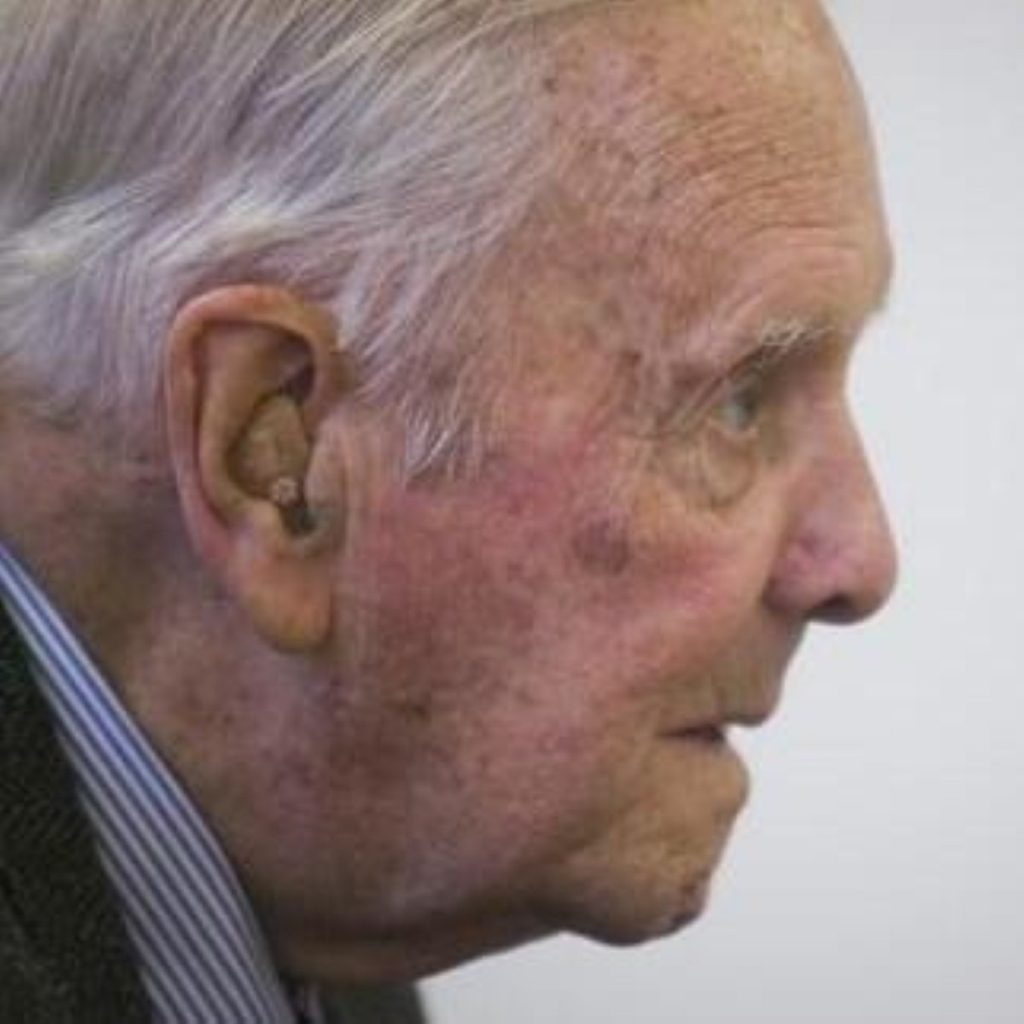NHS hospitals ‘failing to tackle malnutrition’
Hundreds of thousands of older people are suffering from malnutrition in hospitals – partly because nurses do not have the time to help them eat, a new report warns.
Research by charity Age Concern finds that four out of ten people aged over 65 admitted to hospital are malnourished, but the condition of many of them will worsen while they are there. A further 20 per cent may even develop malnutrition during their stay.
One problem is that many nurses do not have the time to help those who have problems eating on their own – the charity’s research finds that nine in ten said they did not always have the time to give the assistance that is required.
In today’s report, Age Concern also cites a 2005 study of inpatients for the Healthcare Commission, which revealed that 18 per cent of those patients who required help eating did not get it in hospital, and 21 per cent only got it sometimes.


“The majority of older patients are being denied some of the basic care they need leaving hundreds of thousands of older patients malnourished,” warned director general Gordon Lishman.
“It is shocking that the dignity of patients is being overlooked.Food and help with eating it should be recognised by ward staff as an essential part of care, and they should be given time to perform this task.”
Nutrition is covered in the Department of Health’s (DoH’s) 2004 guide to core standards, which say patients must be given a choice of food, and their individual requirements, “including any necessary help with feeding”, must be taken into account.
A spokeswoman said this made clear what was expected of NHS hospitals, adding that nurses had also been issued a toolkit to help them improve their practice.
But today’s report notes that trusts are only required to state whether they have complied with these standards when they complete their self-assessment forms for the Healthcare Commission – they are not required to say how they achieve this, or how far.
Age Concern calls for a better system of assessment, but also for a change in attitudes to ensure all ward staff are “food aware” and spend more time listening to older people and their relatives.
It calls for the introduction of protected mealtimes, when staff put other duties on hold to ensure patients are eating properly, and a red tray system to identify those people who are most in need of assistance.
The Royal College of Nursing (RCN) backs these measures, and advisor Pauline Ford welcomed the new research as a sign of “just how serious the problem of understaffing on many hospital wards has become”.
“Nurses desperately want to be able to give the standards of care they were trained to give but need the support and resources to do so. Most importantly they need to be given the time to care,” she said.
The DoH spokeswoman admitted it was “not acceptable” that older people were not receiving the support they needed while in hospital, but said there were examples of how hospitals were tackling the problem “within current staffing and resource levels”.









